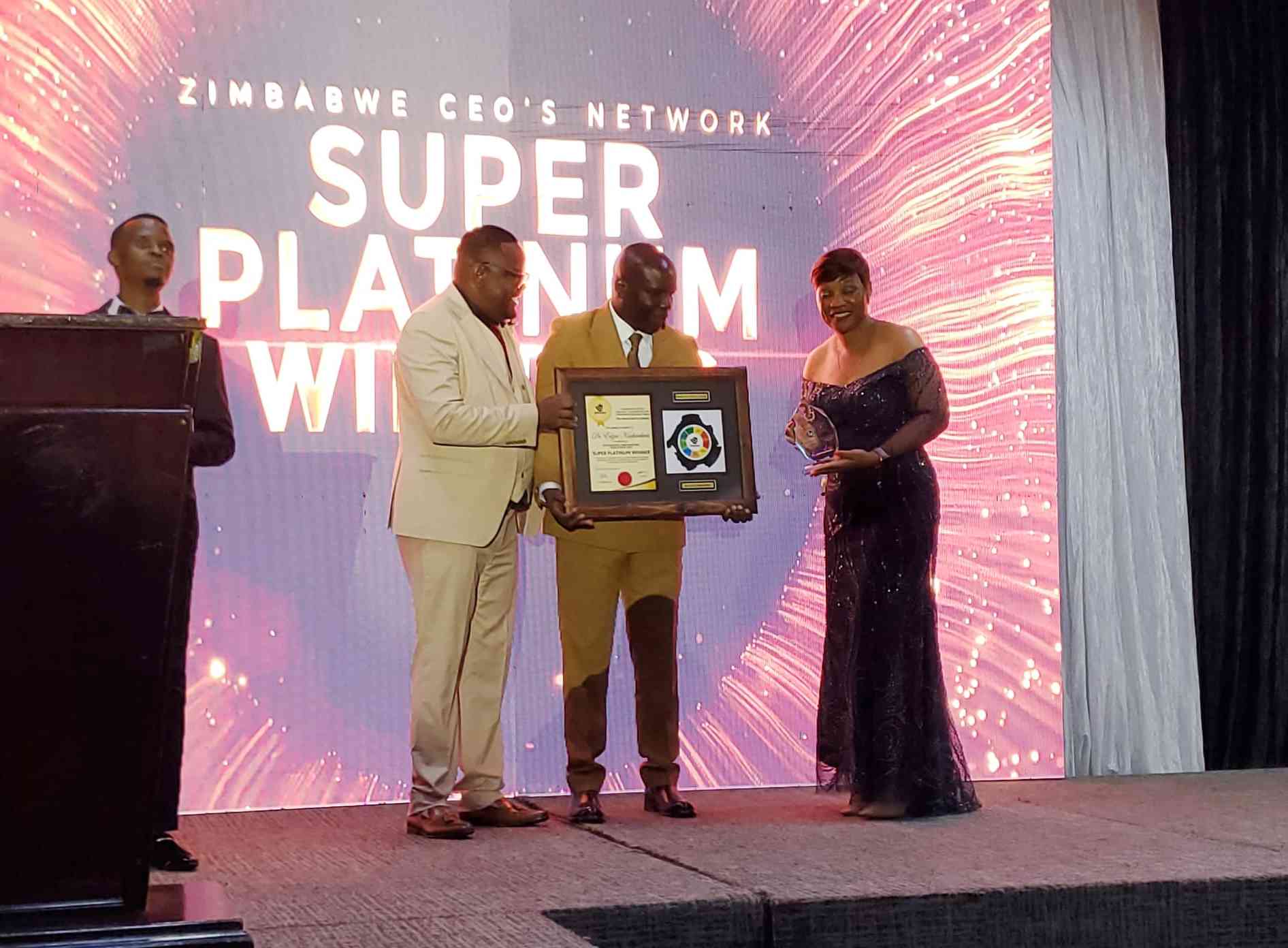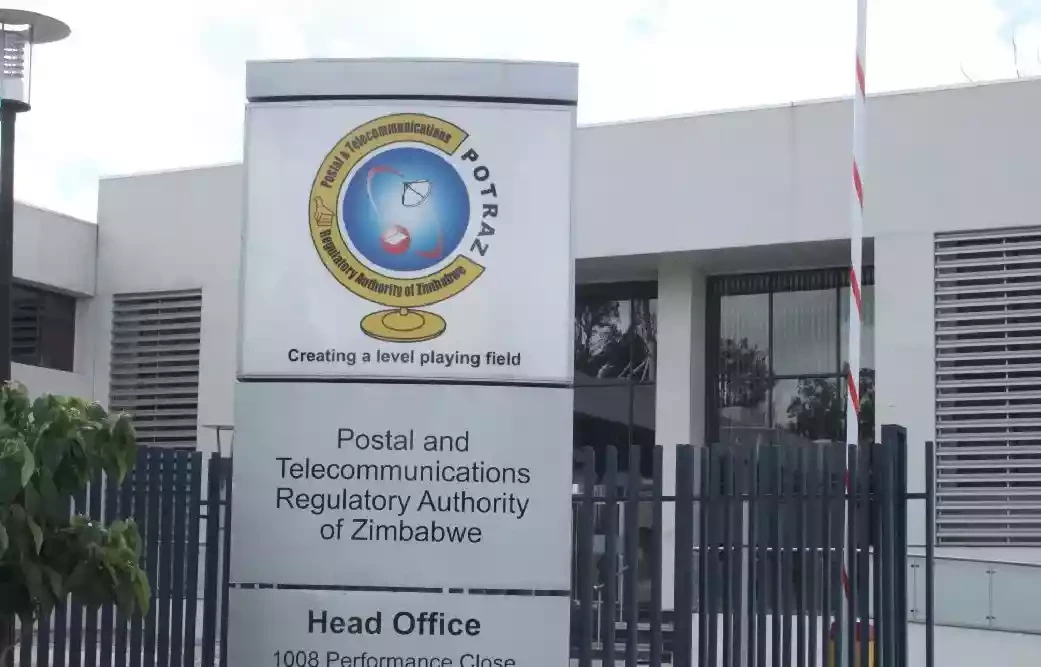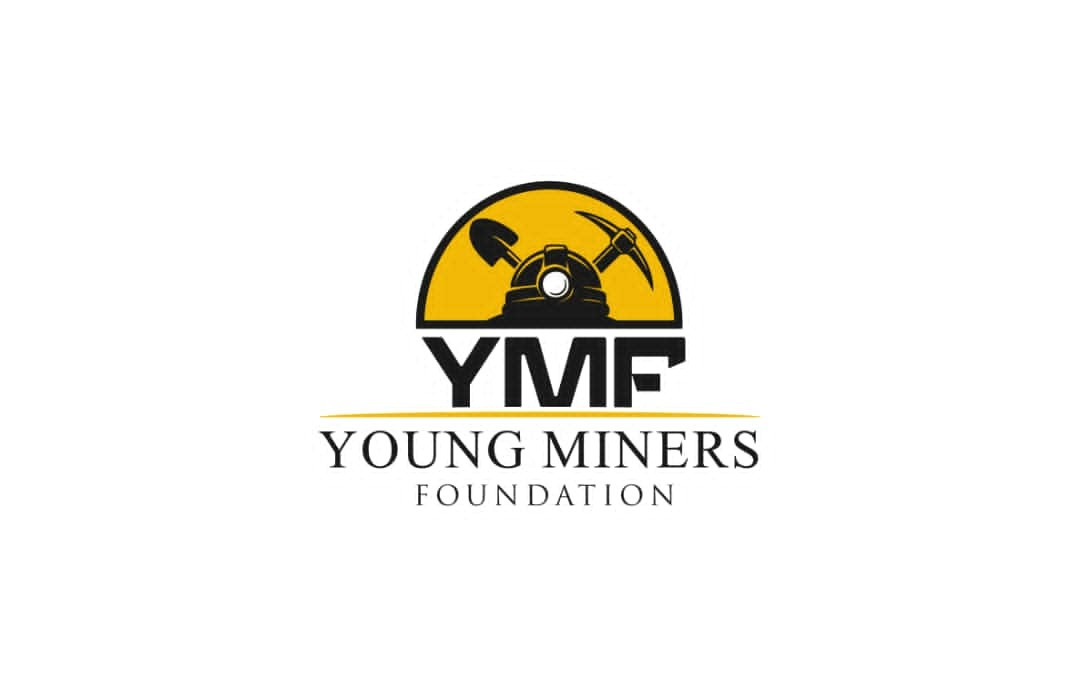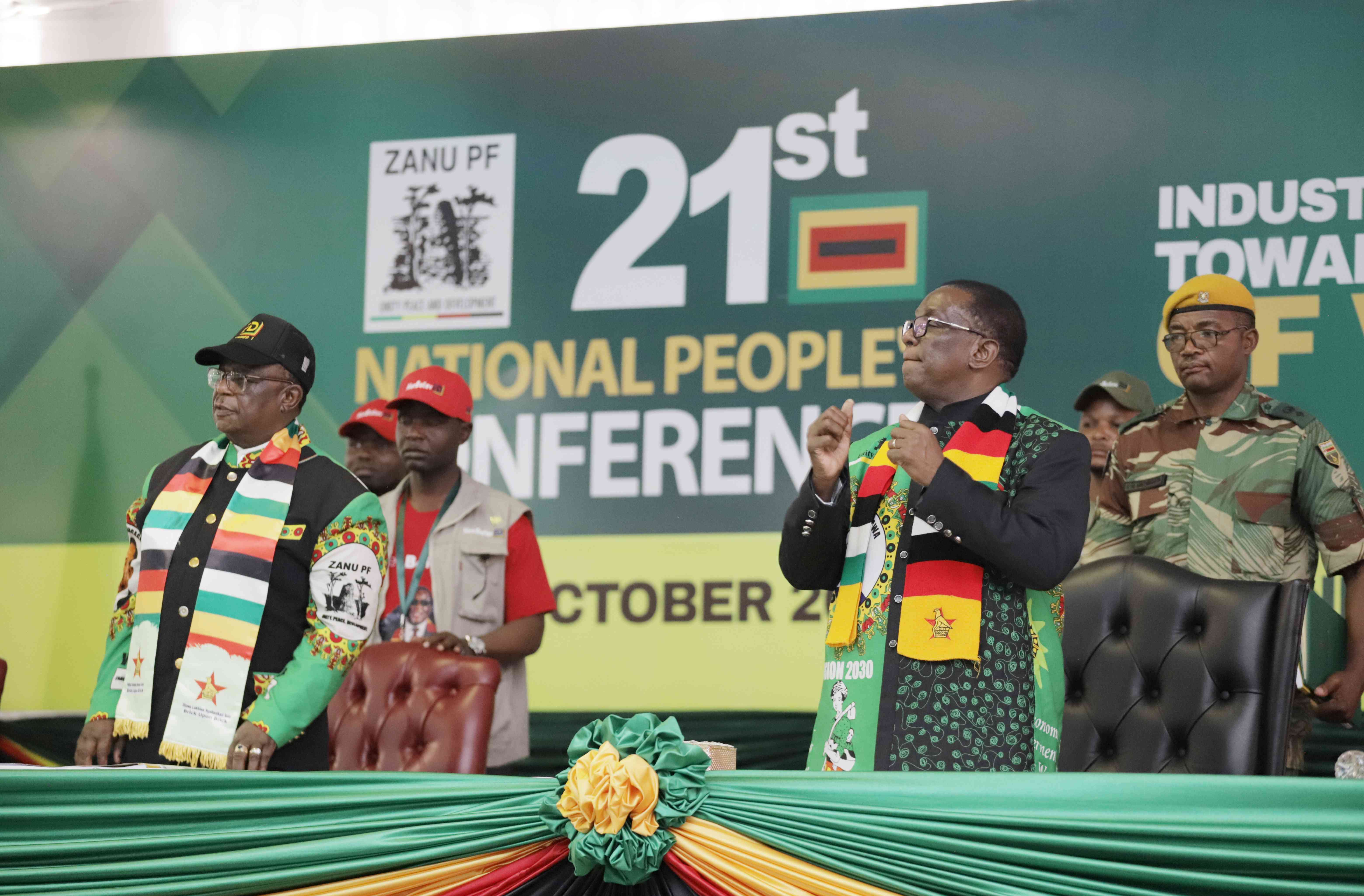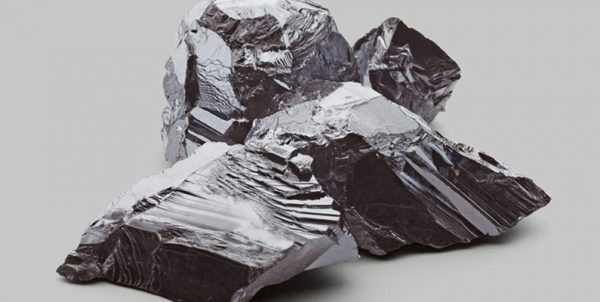
BY MTHANDAZO NYONI
CHINESE firms have invested US$570 million into Zimbabwe’s lithium mines in the past three months, as they intensify their push to control the lithium value chain.
Chinese companies are making serious inroads into Zimbabwe’s mining sector, to feed into their battery production industry, which has seen steeper demand since electric vehicle (EV) manufacturing increased in the past few years.
The Chinese strategy was boosted last week, when Shenzhen Stock Exchange-listed Suzhou TA&A Ultra Clean Technology Co. Ltd bought shares worth about US$15,7 million from Premier African Minerals, a Zimbabwe-focused miner that is developing the Zulu resource near Bulawayo.
It is one of the biggest Chinese firms, with a market capitalisation of about US$6,7 billion.
It has a 75% holding in lithium hydroxide producer Yibin Tianyi Lithium Industry Co, Ltd, together with China’s largest EV battery manufacturer Contemporary Amperex Technology.
Premier CEO George Roach said the subscription would fully fund the completion of a definitive feasibility study (DFS) at the Zulu Lithium and Tantalum project.
“I am delighted to accept this subscription from Suzhou TA&A, and particularly that this makes available to Premier a wealth of expertise in this industry whilst aligning future offtake and mine development with Yibin Tianyi Lithium Industry Co., Ltd., a major producer of lithium hydroxides, financier and take-off partner for the Manono Lithium and Tin project and who have completed long term spodumene off-take agreements with Pilbara Minerals Limited,” Roach said.
- Chamisa under fire over US$120K donation
- Mavhunga puts DeMbare into Chibuku quarterfinals
- Pension funds bet on Cabora Bassa oilfields
- Councils defy govt fire tender directive
Keep Reading
“I look forward to welcoming a new board member, who will be nominated by Suzhou TA&A and active involvement from Suzhou TA&A in our DFS, particularly in the area of test work and flow sheet development.”
He said developments within the lithium industry have been at such a rapid pace, that it is often difficult to ascertain and agree on value.
“This subscription that results in Suzhou TA&A holding an important stake in Premier, affords our shareholders, including Suzhou TA&A, with the opportunity to accelerate the DFS and at the same time negotiate an equitable path to future development,” Roach said.
“The subscription also allows Premier to be in control of its own destiny and affords an opportunity to develop downstream beneficiation of spodumene through the retention of not less than 50% of the off-take rights to production from a future mine.”
In December, Zhejiang Huayou swooped into Arcadia lithium mine, paying US$378 million to Prospect Resources.
Zimbabwe will pocket only US$30 million in taxes.
In January this year, Sinomine Resource Group Co. Ltd announced, through its Hong Kong listed unit, that it would be buying 100% shareholding in African Metals Management Services and Southern African Metals and Minerals, the firms that control 74% shareholding in Bikita Minerals.
The deal is worth US$180 million.
Bikita Minerals is situated in Bikita Hills, near Masvingo. The firm has been operating for around 100 years.
However, there has been concern over a massive push by Chinese investors into the country’s multibillion dollar lithium mines, with the Zimbabwe Coalition for Debt and Development (Zimcodd) raising red flags, saying the government was parcelling out strategic assets to foreign firms without giving legislators room to assess such transactions.


